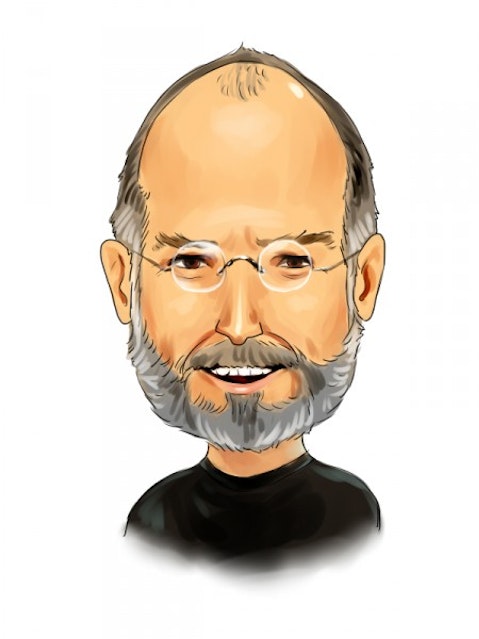Apple Inc. (NASDAQ:AAPL) investors seem to have a rather dichotomous relationship with the stock. In other words, some feel that shares of the tech giant are cheap on an earnings and cash flow basis, which warrants a long term investment. Others, who favor technical analysis, are more bearish on the Cupertino-based company, citing classic phenomena like high volume on down days and the dreaded “death cross” as reasons to sell.
On CNBC today, Joe Terranova of Virtus Investment Partners was on the network’s “Fast Money” segment, discussing this philosophical standoff, which echoed what Michael Santoli said last week, that Apple Inc. (NASDAQ:AAPL) investors’ “psychology has to change.”
On the subject of the stock, Terranova likened the current trading environment to a “casino” that’s “problematic,” adding that “it’s reflective of the way we think in the markets […] The machines are faster than all of you, and you can’t trade that fast anymore.” Moreover, Terranova also said that:
“Management of Apple has done a bad job […] They could remove that fast element of trading from Apple itself by using the tremendous amount of cash that they have by either buying back stock, rolling out a special dividend; they have not done enough in terms of their capital allocation strategy to teach the market a lesson that this is more an investment than it is a trade.”
On the whole, it’s tempting to place the blame of Apple’s trading woes on Cook and Co., but in this author’s opinion, the effects of high-frequency trading should not be shouldered by one company alone. It doesn’t really stand up to logic to think that Apple Inc. (NASDAQ:AAPL) “has done a bad job” by not spending cash – which could be used to stimulate organic or inorganic growth – on a buyback or a special dividend.
For it is the markets as a whole that have created this debacle, and if investors would like Apple to become less of a “casino,” the issue needs to be discussed with federal and state regulatory authorities. Yes, it is true that Apple has not acted as many had hoped, by issuing some sort of a confidence-boosting outlay, but that is their right. After all, if Apple Inc. (NASDAQ:AAPL) were to issue a special dividend, would that not promote short term traders to get into the stock just to snatch up the payment?
While high-frequency trading certainly has its fair share of positives and negatives, this is an issue that needs to be weighed evenly by all parties involved. With that being said, here’s a question for the readers: does machine-based trading – which is estimated to make up 50-70% of all market volume – inhibit long term value investors?
Let us know your thoughts on Apple Inc. (NASDAQ:AAPL) and these issues in the comments section below.






